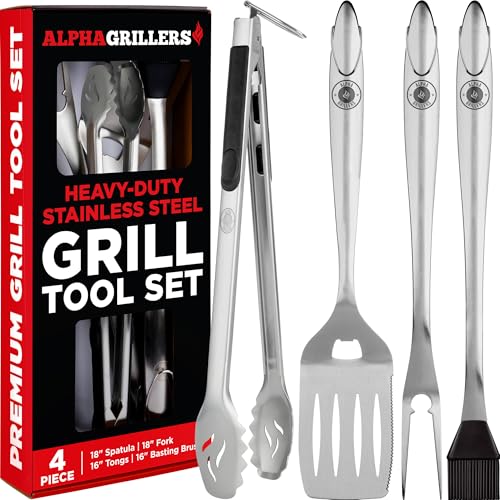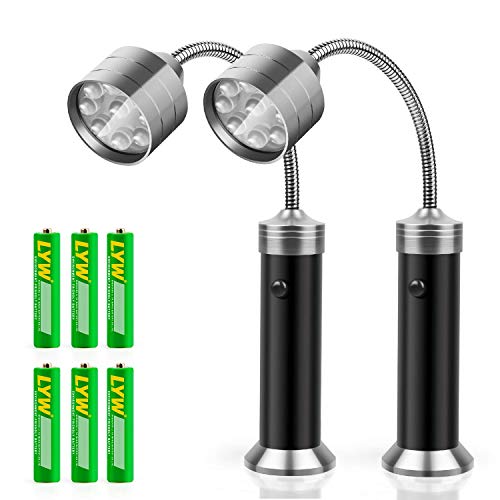Many hardcore charcoal grillmasters eventually find that they want to try a new type of grilling. When it’s time to give up an open flame, we usually turn to electric grill or a propane grill. Both grills are a great way to cook up a dinner that’s quick and delicious. But what are the differences between the two? Which grill is the right buy for you and your lifestyle?
Electric Grill Basics
Pros of the electric grill? Electric grills come in all shapes and sizes, and many are built to be portable. You can find them in clamshell style, open style, and even rotisserie-fashioned that will let you cook kabobs, chicken and turkeys vertically.
There are a lot of lifestyles that the electric grill can help accommodate. You can find electric grills meant to cook for one or two and electric grills meant to cook for 10+ people. Electric grills can go both indoors and outdoors with no problem. Some are even meant for patio use. Electricity allows a good deal of control over temperature.
With electricity, you don’t have to worry about gas leaks or changing tanks. You can focus on creating a tasty meal for yourself and your guests. In fact, with most electric grills, cleanup is a breeze. They tend to have nonstick cooking plates that are easy to clean and even collect byproduct (fats and other waste) in a removable tray.
Is the electric grill healthy? The answer depends on what you’re cooking on the grill. If you’re baking paninis or other sandwiches like that, then NO.

Stick with grilled chicken, fish, turkey, and lean cuts of red beef or turkey burgers. Electric grills also have the added benefit of “melting” the fat off of the meals they cook. If you’re cooking a cut of steak, pork, fish or poultry, they can reduce the fat in the meal by at least 50%.
Electric grills can typically get to over 400 degrees and stay at that temperature. However, they can’t keep going all day, so skip the 5+ hour meals in these grills unless they’re specially designed.
Clean-up of electric grills is usually pretty easy. Most electric grills are stick-proof, so a wipe down with soap and water will work just fine. Some grills have removable plates that can be popped into the dishwasher.
So what are the cons of the electric grill? For one important thing, the food doesn’t taste “grilled” in most cases, although you can use seasonings and rubs to help add flavor. Food can be cooked quickly but sometimes cooks too dry. And some grills just aren’t reliable when it comes to cooking times listed in the manual. Make sure to read the reviews so that you know exactly what to look out for.
Propane Grill Basics
Let’s look at the pros and the cons of the propane grill.
Propane grills come in small and large sizes, but the smallest size will still require a propane tank to attach to it. Luckily, you don’t need to be an expert to hook up a propane grill. The instructions will help you do it correctly.
Propane grills are easy to hook up and use in most cases. The hardest part of propane grill ownership is the maintenance. The prevention of leakage need to be attended to as soon as you bring your first propane tank home.
Believe it or not, propane is the most energy efficient of the two grills. Unless you have solar or wind power, using electricity, in general, leaves a large carbon footprint. However, propane is very energy-efficient, turning 90% of production into fuel. Propane is a nonrenewable resource.
Propane grills can also cook food at long time periods, but you will find that for longer periods, at lower temperatures, you won’t quit get the cooking consistency needed. Some propane grills are very accurate, especially the large, restaurant-quality models. These types can usually cook at least 4 servings at a time. They’re also pretty much stationery due to their size.
A propane grill also has the added benefit of simulating a charcoal grill. You can usually do this with specific models that keep wood chips burning via propane, giving your meat a much smokier-tasting flavor.
So what the cons of the propane grill? There are a few cons for the propane grill to take notice of.
First of all, you can’t take a propane grill indoors to use for any reason. It’s not safe to keep something that’s potentially flammable or explosive indoors, and you should detach the propane tank when it’s not in use for safe keeping. So, you can bring the grill part of it indoors for the winter, but not the propane tank.
Which comes to another reality; few propane grills are portable in the way an electric grill can be. There are special smaller models that you could take on a trip, but the fact is that electric grills are usually made for countertops, and propane grills are usually meant for the great outdoors. That’s where they belong.
Summing it Up
As you can see, there are a few key differences between electric and propane grills. These differences are especially important for certain lifestyles. If you love to cook outdoors with a relatively-accurate grill or griddle, a propane grill is probably the best choice for you. If you love to take a grill on vacations for both indoor and outdoor use, you’ll probably do best with an indoor grill. Of course, there’s nothing to prevent you from buying both! It just depends on how much you love grilling.








